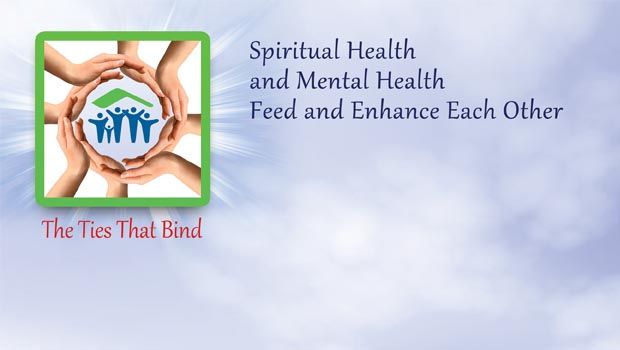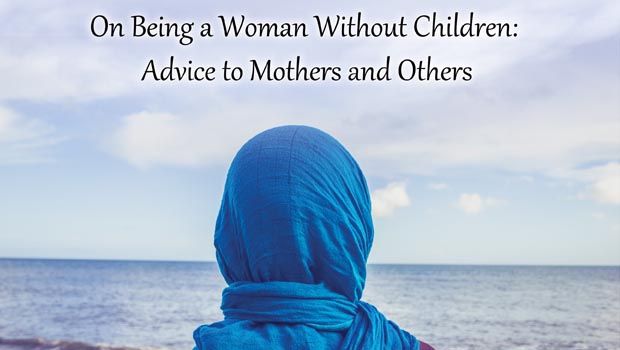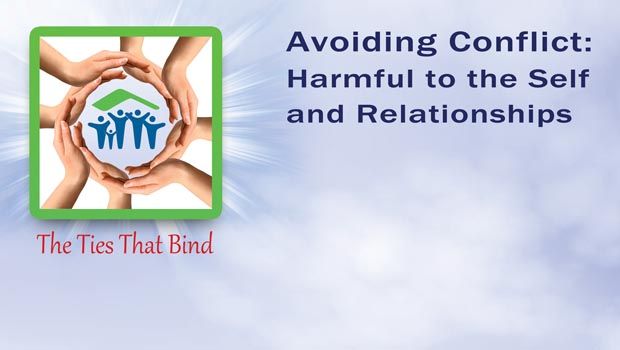As he looked down at the page, he couldn’t understand why he wasn’t able to focus. Reading the Quran always brought him comfort and a sense of peace, but not this time. So he finally closed it and replaced it on the shelf. He got lost in thought, wondering what had gone wrong in his life. His head was spinning and he felt sick in his stomach. He raised his hands to pray in search of relief from his misery. He remained in that position for a few moments before he dropped his hands onto his lap. He couldn’t even find the strength to make dua to Allah (SWT) for help. How had things gotten so bad that even his spirituality wasn’t helping him at his time of need?
The scenario above is a true one. It was described to me by one of my clients who came in for counseling about a number of issues. He had always been a religious person and turning to the book of Allah (SWT) had never failed to bring him relief and remove his worries. This time was different, and he was feeling miserable. In session, he was critical of himself and questioned his faith: “Am I just not a good Muslim anymore?” He related his inability to read the Quran to having a spiritual blockage. What he did not realize, however, was that his inability to read the words of Allah (SWT) had nothing to do with his religiosity but had everything to do with the stresses in his life at that time. Once we worked on those stressors and cleared the negativity that was clouding his mind, he was able to move forward. He now believed in himself as a righteous person who was just facing issues that were affecting his mental clarity. At the end of therapy, he understood very clearly that spiritual health and mental health are thoroughly interconnected.
There is no doubt that religion and feelings of spirituality can be a lifeline for those who are struggling in life, whether they are dealing with physical, psychological, and/or relationship issues. The American Psychological Association cites studies done on various groups of people who are dealing with life stressors such as natural disasters, illness, loss of loved ones, divorce, and mental illness. These studies indicate that religion and spirituality help people to cope with these difficulties. It gives them comfort through the tough times and also serves as a support to lean on. Spirituality allows them to have a higher purpose that transcends the difficulties they are dealing with.
Similarly, there are numerous verses in the Quran that highlight how religious principles and practices, such as patience and relying on Allah (SWT), can be helpful during trying times. Allah (SWT) tells the believers to “seek help in patience and prayer” (Quran 2:45) and “…be patient and persevering: for Allah is with those who patiently persevere” (Quran 8:46). The practice of patience is indispensable during difficult times, and turning in prayer to Allah (SWT) through both salah and dua is a means to find strength, comfort, and wisdom.
The mistake that many Muslims make is to rely on their religious practice and faith as the only means for finding solace or alleviation of their distress. The belief that turning to Allah (SWT) is the only solution holds people back from also seeking help elsewhere when it is needed. Even though we turn to Allah (SWT), this does not mean we cannot or should not also reach out to human beings for support and advice. Oftentimes, a counselor, support group, or medical practitioner is required to resolve a situation. If we do seek help in counseling, that is not an indication that our iman is weak. In fact, Islam encourages us to seek help when we are unable to resolve problems or challenges on our own. Through counseling, we can address issues that are causing unhappiness or dysfunction in our lives; we can learn effective coping skills, and become skilled at putting circumstances and difficulties in a larger perspective and thus alleviate some of the emotional distress; and we can explore various strategies of practical problem-solving. If we consult a Muslim counselor who draws on both Islamic and Western principles of healing and change, we can even strengthen our relationship with Allah SWT. Unfortunately, many Muslims view the seeking of help through counseling as a stigma, like it is something to be ashamed of. Yet, the Prophet (pbuh) himself was a guide and advocate whom others turned to for advice on marital issues, financial problems, and more.
We need to allow ourselves to utilize all the resources that are available to take care of our mental health. The reality is that Islam is a perfect source of guidance and insight and solution to problems. But we human beings are imperfect in our knowledge and understanding, and sometimes another person can help us to see things more clearly and offer support as we strive to resolve our issues. But no matter what mental health issues we may struggle with, they do not reveal whether we are religious or not.
Islam teaches us to focus on the health of our bodies, minds, and emotions, and not to neglect any aspect of our soul’s well-being. Overall health, and particularly mental health, is interconnected with spiritual health. They feed and enhance each other and both must be focused on in order to live a healthy and happy life.






